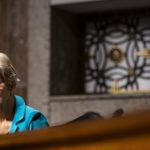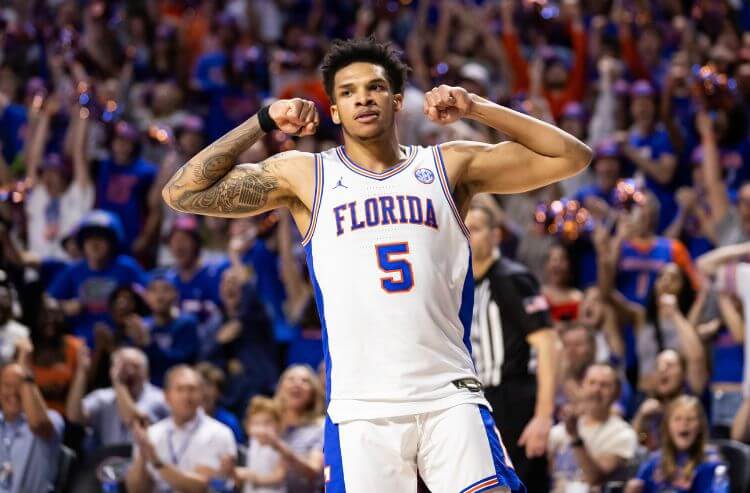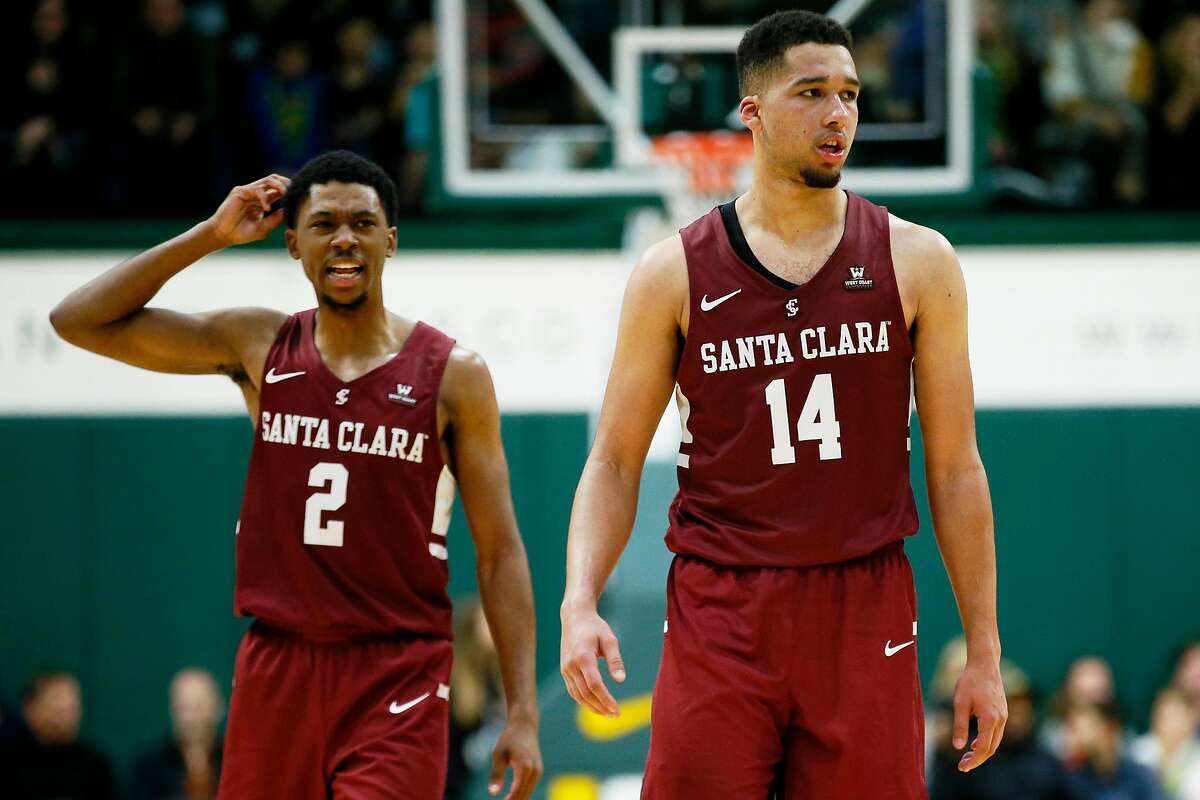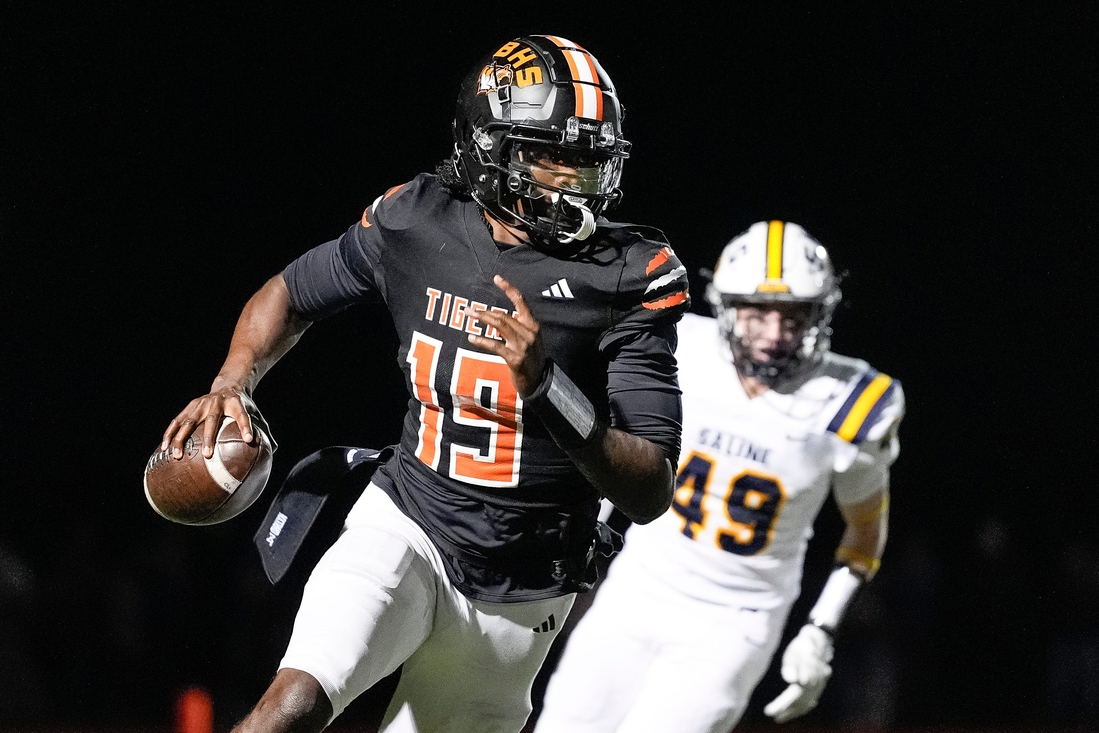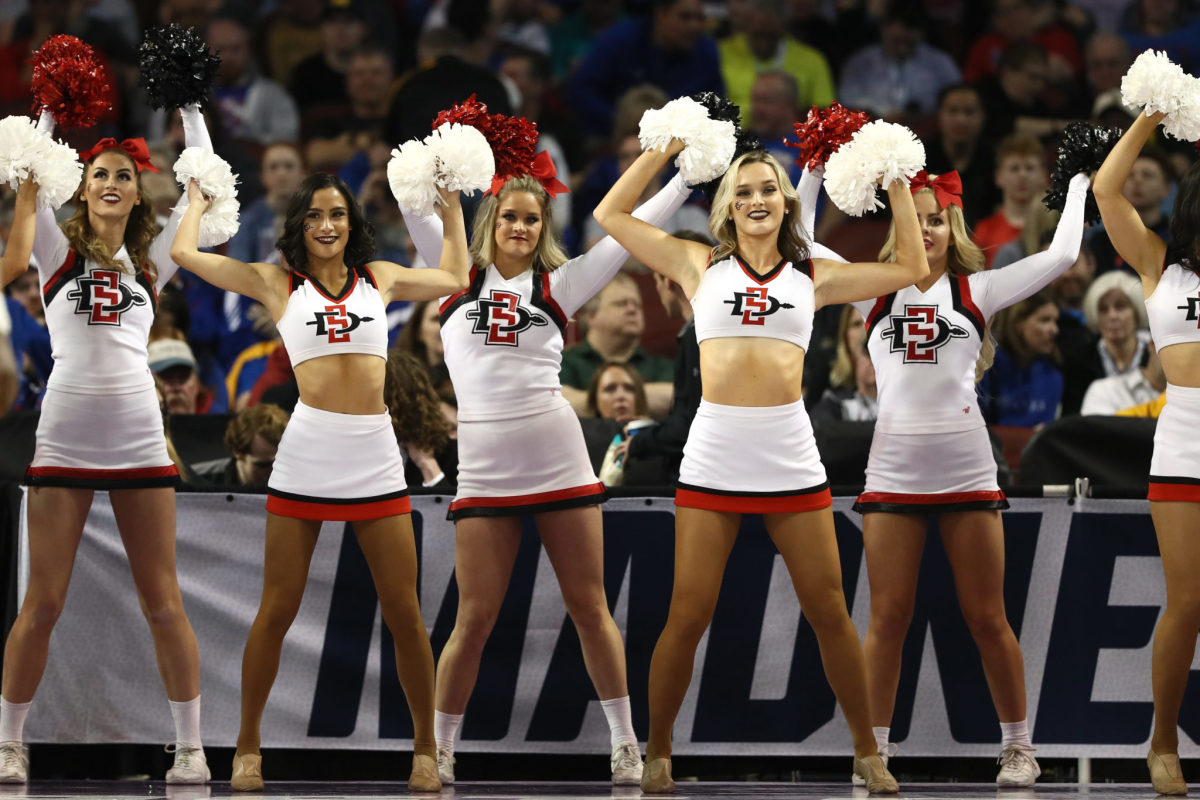“What our bill does is it defines what daily fantasy sports are, and how individuals can participate in that,” sponsor Sen. Travis Hutson says.
Two bills that could legalize certain fantasy sports contests in Florida — and authorize penalties for those who run afoul of the rules — have made a bit of headway in Tallahassee.
Florida Senate Bills 1566 and 1568 were reported favorably on Monday by the chamber’s committee on regulated industries. The former bill lays out a legal framework for fantasy sports contests in Florida — excluding pick’em-style games against the house — while the latter sets a licensing structure.
“What our bill does is it defines what daily fantasy sports are, and how individuals can participate in that,” said the sponsor of the legislation, Republican Sen. Travis Hutson, during Monday’s committee meeting. “As far as any other clarity on what these games should be, or could be in the future, I’m open to suggestions from the committee to maybe define that even more.”
The art of letter writing
S.B. 1568 would allow fantasy sports operators to offer contests in the state to those 21 and older if the companies get a license from the Florida Gaming Control Commission. The regulator would oversee the paid fantasy industry and investigate any alleged wrongdoing, including any offering of contests that violate the state’s definition. If an operator is caught offering unauthorized contests, the bill says their license could be revoked by the commission.
Exactly what constitutes a legal fantasy contest has become a touchy subject in the U.S. State regulators, including the Florida Gaming Control Commission, have been cracking down on so-called “pick’em”-style contests played against the house. The commission sent cease-and-desist letters last year to Betr, PrizePicks, and Underdog Sports ordering them to halt any unauthorized sports betting they may allegedly be conducting in the Sunshine State.
“The letters have generated controversy, concern, and interest from contest operators, elected officials, and the Seminole Tribe of Florida, which has entered into gaming compacts with the state,” an analysis of S.B. 1568 by committee staff states. “The legality of various forms of fantasy sports games and contests is being reviewed and addressed in a number of states.”
Picking on pick’ems?
S.B. 1568 would set the criteria for the type of fantasy contest allowed in Florida, which appears to rule out pick’em contests against the house. The bill states that contest operators and their employees could not be participants in a contest. It would also keep contests involving college players off the menu.
“All winning outcomes must reflect the relative knowledge and skill of participants and be determined predominantly by accumulated statistical results of the performances of individuals, including athletes in the case of sporting events,” the committee analysis adds. “No winning outcome is based on the score, point spread, the performance of any single team or combination of teams; solely on any single performance of an individual athlete or player in a single event; on pari-mutuel events; on poker or other card games; or on performances of those participating in collegiate, high school, or youth sporting events.”
Although DFS operators such as DraftKings and FanDuel operate in Florida, the business of gambling in the state is restricted to a few entities, and sports wagering is the domain of the Seminole Tribe.
Furthermore, legal sports betting in the Sunshine State is a contentious subject on its own. The Seminole and their Hard Rock Bet sportsbook were granted control over retail and online wagering via a compact agreement with the state government. But the provisions of that compact, namely those that have to do with statewide online sports betting, remain the subject of court challenges.
The Florida Gaming Control Commission warns residents on its website — apropos of wagering on fantasy contests — that “unless you are placing a wager through sportsbooks operated by or in conjunction with the Seminole Tribe of Florida, you are most likely placing an illegal wager.”
Florida Gaming Control Commission (@FLGamingControl) Takes First Steps in Potential Enforcement Activity Against Online Gaming Operators Doing Business in Florida, Issues Multiple Cease and Desist Letters.https://t.co/0huRKhFYki
— Florida Regulatory Watch (@FLRegWatch) September 22, 2023
S.B. 1568 would also make fantasy sports contests offered by “non-commercial” operators legal, as long as all the entry fees are paid out as prizes and those payouts amount to less than $1,500 per season and $10,000 a year.
While S.B. 1568 lays down a proposed legal framework for fantasy sports in the state, S.B. 1566 would set the cost of admission. The bill would require commercial operators to pay an initial license application fee of $1 million and a $250,000 annual renewal fee. That, however, could be subject to some flexibility, as the bill would cap licensing fees at no more than 10% of gross revenue earned by a fantasy operator.
Both pieces of legislation still have a long way to go before they become law (if they ever do) and the framework would legally take effect in July. They are also not the only piece of fantasy-related legislation circulating in Tallahassee either, as Rep. Jason Shoaf has filed a bill in the state’s House of Representatives that could permit broader forms of fantasy, such as pick’em played against the house.
